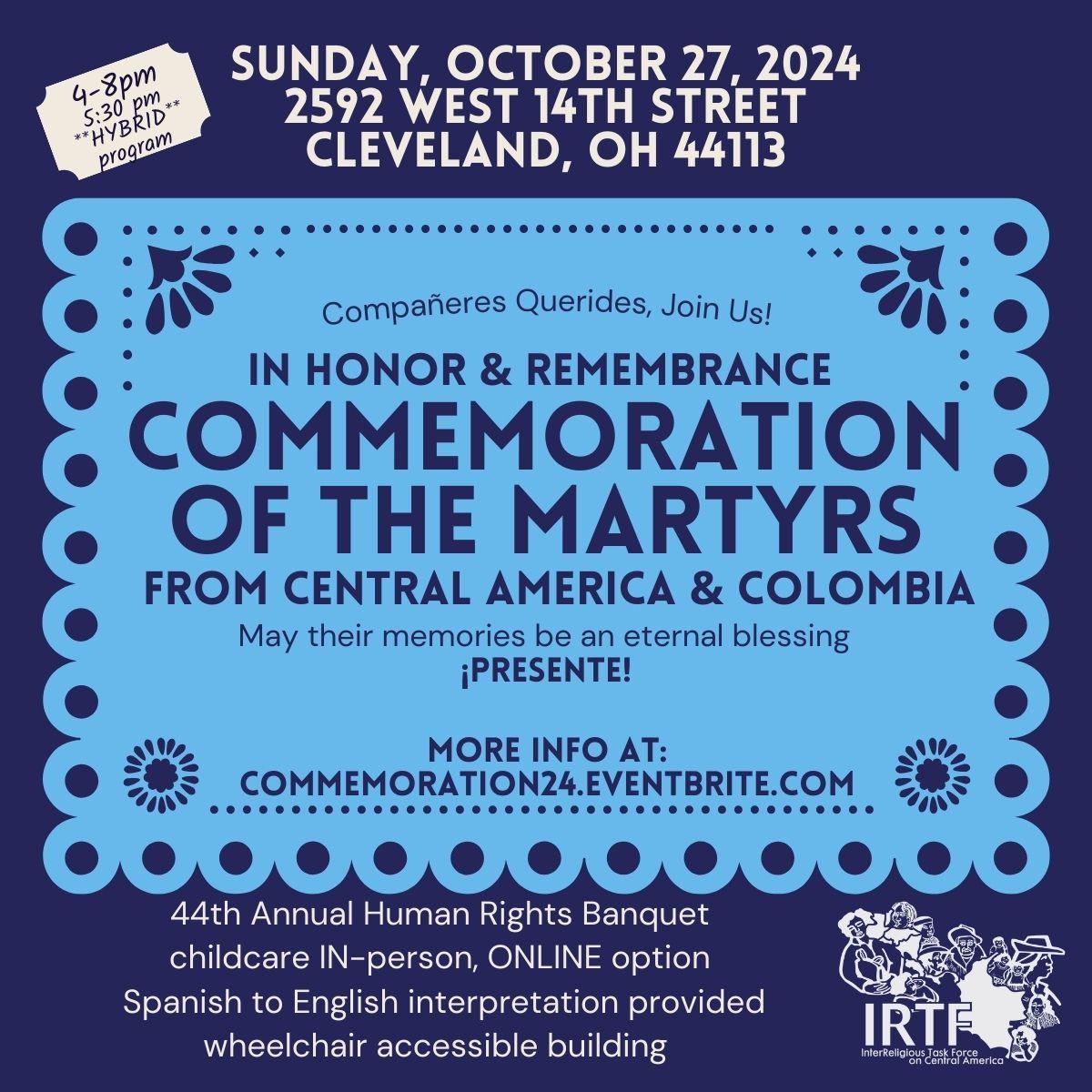After the Peace Accords were signed between the FARC (Revolutionary Armed Forces of Colombia) and the national government, some factions of the FARC (“dissidents”) broke off into other armed bands, rejecting the peace deal. They continue to manipulate vulnerable communities for armed political objectives, endangering civilians in ways that violate international humanitarian law.
In several rural zones of Cauca Department, the Residual Armed Organized Group (GAOr) Carlos Patiño (FARC dissidents) are deeply involved in drug trafficking, extortion, and environmental destruction, particularly in the Micay River basin. Last month, because of the presence of the National Army in Argelia municipality, a commander of the the GAOr threatened the local campesinos if they did not work with the GAOr to violently expel the soldiers. In a radio communication, he said: “…gather everyone around, and if anyone doesn't want to leave, shoot them and they'll be hidden from the military.” If the civilians did not join the GAOr in setting fire to Army armored vehicles, he further threatened to halt the purchase of coca leaves from the campesinos—whose livelihoods depend heavily on coca cultivation—if they did not violently confront the military presence in the region.
This manipulation of vulnerable communities for armed political objectives is unacceptable. We are urging that government authorities consult with local civilian leaders to create protection schemes to ensure that they are not subjected to collective punishment, manipulation, or coercion by any armed actors. We additionally urge that the government strengthen civilian institutions and implement lasting, community-centered alternatives to coca cultivation in the region.




